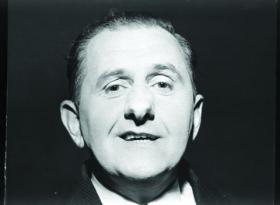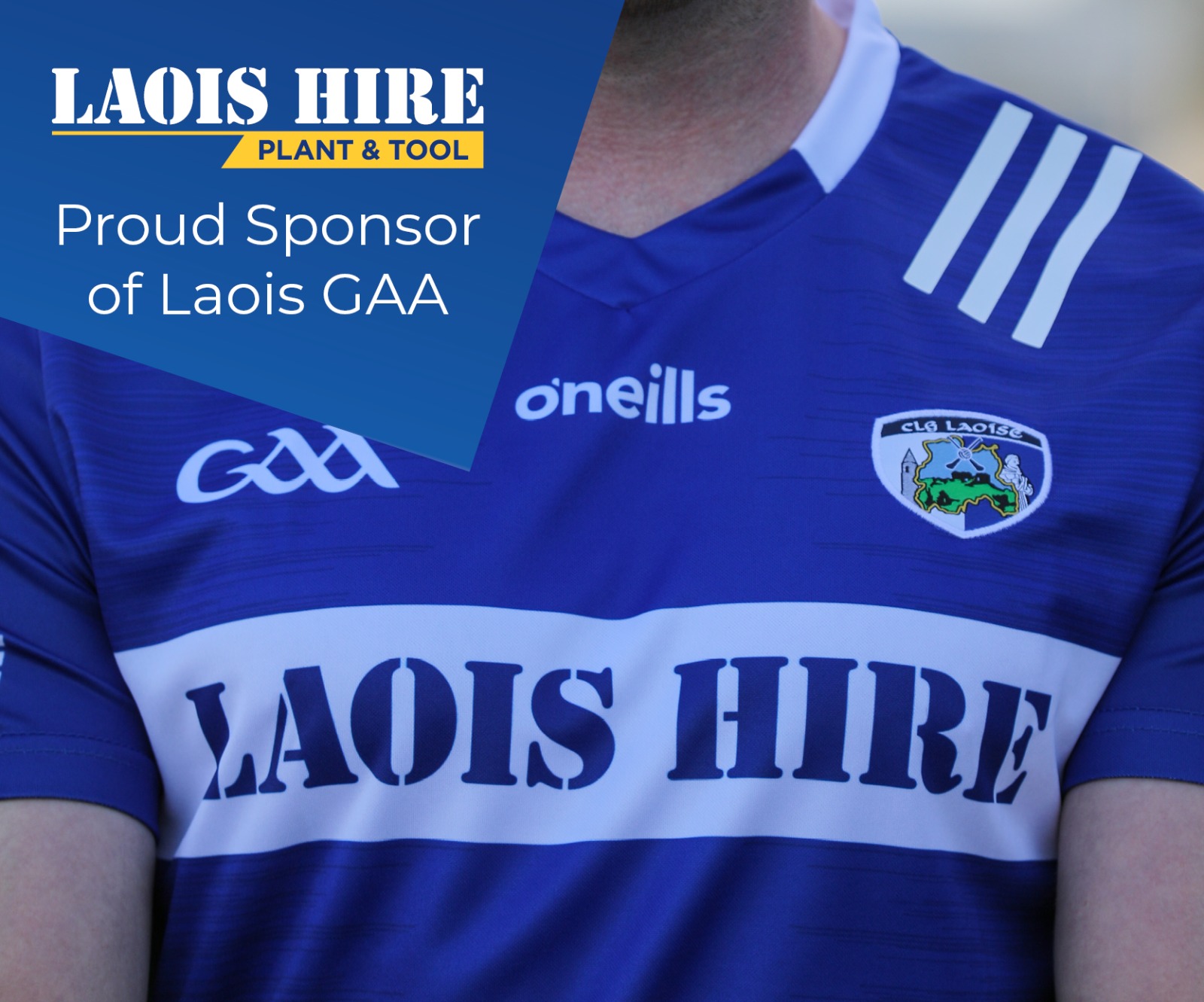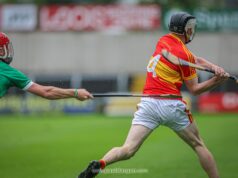Last year the Irish Independent obtained an exclusive extract of the book ‘A Century of Politics in the Kingdom – A County Kerry Compendium‘.
Here, authors Owen O’Shea and Gordon Revington depicted an infamous incident where a Laois TD was assaulted by a colleague in the Dáil restaurant.
Laois TD Oliver J Flanagan was recorded as having been, ‘struck violently in the mouth’ by Independent TD for Kerry South, John (Jack) Flynn.
Events leading up to the incident cite that the striking incident may have been caused by a remark made by the then Independent TD, who later joined Fine Gael, in the Dáil about Mr Flynn when he was not present.
Deputy Flynn was alleged to have had a ‘scandalous’ relationship with a young woman and Flanagan alluded to this in Dáil proceedings.
In a reference to the Adoption of Children Bill, Flanagan made the comment suggesting that another member of the House would be in a better position than resigned Minister for Health Dr Noel Browne to speak on the adoption legislation.
Deputy Flanagan stated: “Deputy Flynn would be more qualified to do that.”
The extract in the Irish Independent states that the Dáil transcripts do not record any reaction from other TDs to Flanagan’s remark and the Order of Business continued.
However shortly after this, Flynn was to give his response to Flanagan.
While Flanagan dined in the Dáil restaurant that evening, Flynn challenged Flanagan about his off-the cuff remark.
According to the extract, the Fine Gael parliamentary leader, John A Costello, recounted the incident to the Dáil.
Here, Mr Costello stated that deputy Flynn, came behind Flanagan, ‘caught hold of him, turned him round, used a very offensive and obnoxious expression and struck him violently in the mouth.’
Mr Costello said: “It is my duty to interrupt the business for the purpose of drawing the attention of the House and particularly your attention, a Ceann Comhairle, to a gross breach of the privileges of this House and of a particular deputy and possibly of other deputies of the House which occurred in the precincts tonight.
“Tonight, after the discussion which took place on the motion to adjourn this House on the conclusion of its proceedings today until next Wednesday week … Deputy Flanagan was in the restaurant talking to another deputy, deputy Dillon, when … deputy Flynn came behind him, caught hold of him, turned him round, used a very offensive and obnoxious expression and struck him violently in the mouth, alleging that he had during the debate spoken about him, deputy Flynn.
“He also assaulted an usher, one of the servants of the House, and was guilty of extremely offensive conduct. As leader of the Opposition it then became my duty to inform you, so that you, a Ceann Comhairle, would take the necessary action and direct the proper steps to be taken.”
Fianna Fáil’s Robert Briscoe proposed that John A Costello’s account was “not a true picture of the incident”, as he was not present in the dining room when the incident occurred and that Costello was not.
In the following days, both Flynn and Flanagan were brought before the Dáil’s Committee on Procedure and Privileges – who, to the day, oversees the conduct of deputies in the Dáil.
The committee ruled that the striking incident was ‘reprehensible in the extreme’ within the parameters of Leinster House.
Flanagan’s remarks were ruled to be in breach of the order and decorum of the House.
Six weeks after the incident, the Dáil accepted and adopted the committee’s report and Flynn was formally censured by the Ceann Comhairle from the chair.
The question remains as to why Oliver J Flanagan made the suggestive remark towards Jack Flynn during the Dáil discussion.
The answer lies a few years earlier, when Flynn, who had been a Fianna Fáil TD of long-standing since 1932 – was unceremoniously removed from the party general election ticket by Éamon de Valera due to the alleged affair with the young woman.
In the extract, former Fianna Fáil TD John O’Leary said, “Though it was never proven, as far as I know, the rumour was that a girl had become pregnant by Flynn out of wedlock and that she had gone to England.
“It was never discussed publicly that I can recall but the story goes that when de Valera got wind of it, he threw Flynn out of the party in order to avoid scandal.”
No documentary evidence has ever been produced to suggest why Flynn was not a candidate for Fianna Fáil in 1943 and 1944.
However correspondence between Fianna Fáil headquarters and the constituency organisation reference the difficulties of the Jack Flynn ‘situation’.
In June 1951 – few months previous to the striking incident – Oliver J challenged deputy Flynn on his choice of nominating de Valera as Taoiseach in the Dáil .
Mr Flanagan said: “I would like to hear deputy John Flynn, in whose constituency one of the candidates was almost torn to bits. I would like to know if deputy John Flynn told the people of South Kerry, who pulled the headlights off deputy de Valera’s car, that deputy Éamon de Valera was going to be his choice of Taoiseach in this country…
“I hope and trust that, within the next 10 minutes, deputy John Flynn will tell this House, and tell the people of South Kerry and of Ireland, who watched the reception which one of the candidates got in the deputy’s constituency, whether he got a mandate from the people of South Kerry to put deputy de Valera back as Taoiseach.”
Flynn did not rise to Flanagan’s bait but gave his unparliamentary response in the following months.
Oliver J joined Fine Gael in 1954 and went on to serve as the Minister for Defence from 1976 to 1977, Parliamentary Secretary to the Minister for Defence from 1975 to 1976 and Parliamentary Secretary to the Minister for Agriculture from 1954 to 1957.
He served as a TD for the Laois-Offaly constituency from 1943 to 1987 and passed away on 26 April 1987 at the age of 66.
Deputy Flynn was re-admitted to his former party months after voting for de Valera and was dramatically unseated in 1957.
In 1960 he stood down as a member of Kerry County Council and died in Dublin on August 22, 1968.
‘A Century of Politics in the Kingdom – A County Kerry Compendium’ by Owen O’Shea and Gordon Revington is published by Merrion Press, priced €19.99.
SEE ALSO – Calls to enforce sanctions to tackle illegal dumping in Laois





















